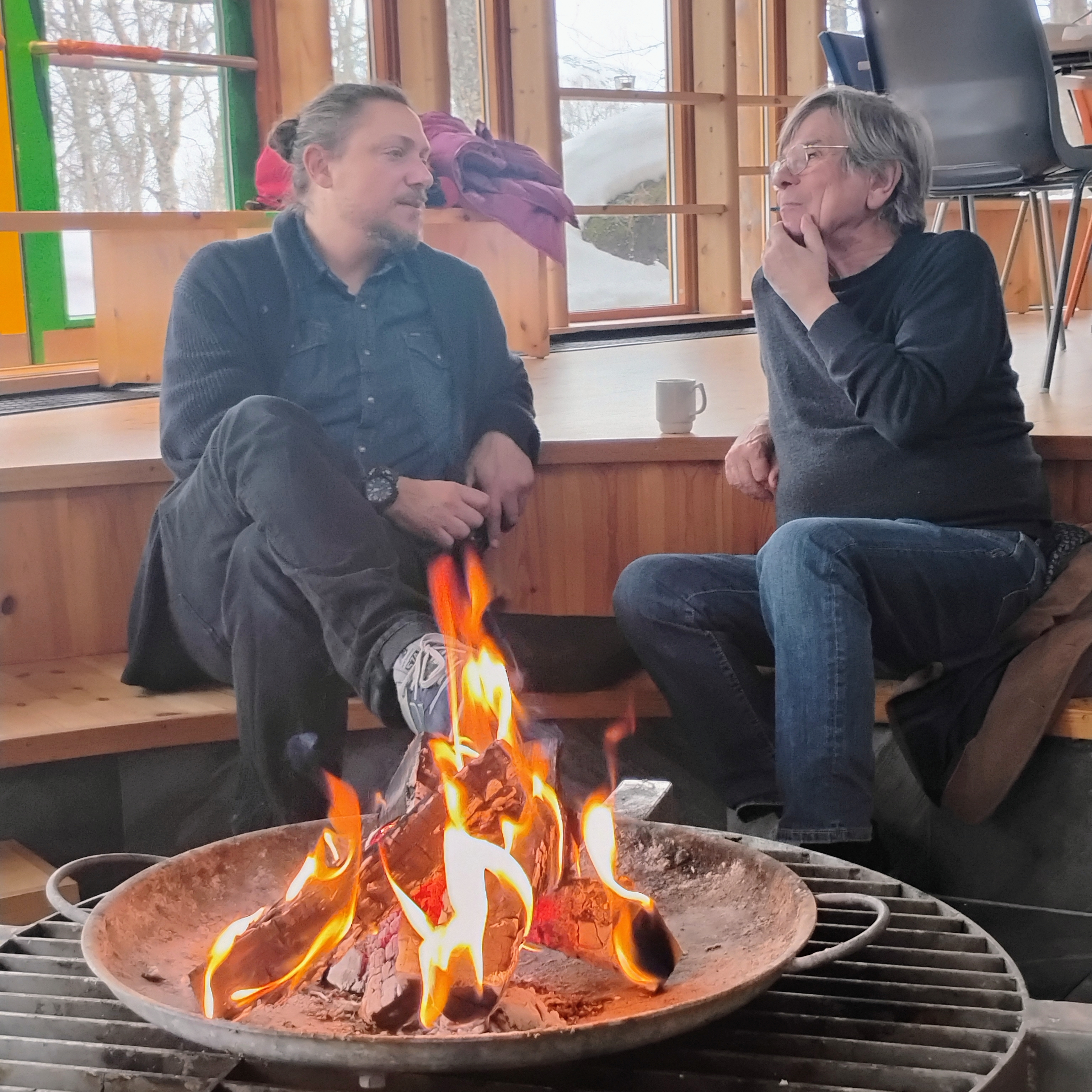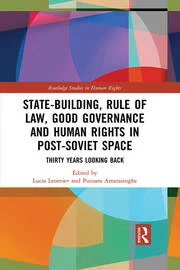On March 24th and 25th, the research group on Crime Control and Security Law (CCSL) hosted a workshop on the persistent challenges posed by human trafficking. The event gathered national and international experts and scholars to exchange ideas on combating this severe human rights violation, discussing possible legal frameworks, detection methods, and prosecution strategies.
News archive
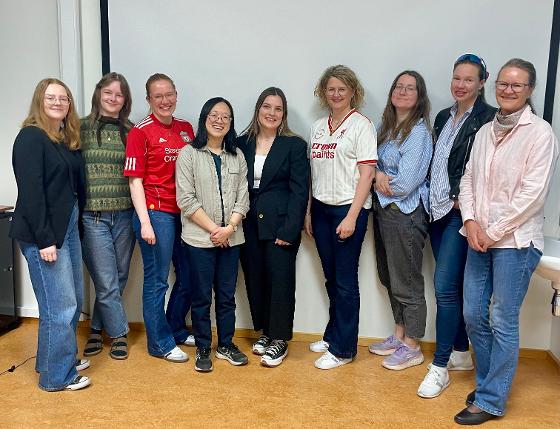
20.05.2025:
PhD Student Visiting from Croatia

06.02.2024:
Exploring Digital Evidence Collection During Armed Conflicts
On 22-24 January, the research group on Crime Control and Security Law (CCSL) conducted an International Seminar on 'Collecting Digital Evidence during Armed Conflicts' at UiT-The Arctic University of Norway.
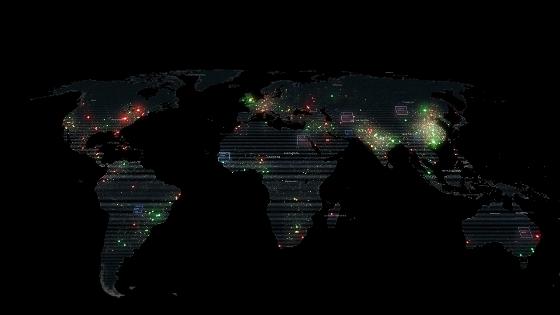
05.10.2023:
Exploring Legal Hermeneutics and Technology: Two Upcoming Events You Don't Want to Miss!
On October 9th and 10th, we are hosting a masterclass and an interdisciplinary workshop in collaboration with the Max Planck Institute for the Study of Crime, Security and Law.


20.03.2023:
[Workshop in Buenos Aires] Artificial Intelligence and the Rule of Law
Research group leader and Associate Professor Nandor Knust will attend the event on behalf of the UiT research group on Crime Control and Security Law.

16.03.2023:
Hybrid warfare in cyberspace
Artem Galushko, a member of the research group on ‘Crime Control and Security Law’ (CCSL), has received the Marie Skłodowska-Curie postdoctoral fellowship (MSCA-PF) to conduct research on cyber warfare and critical infrastructure.
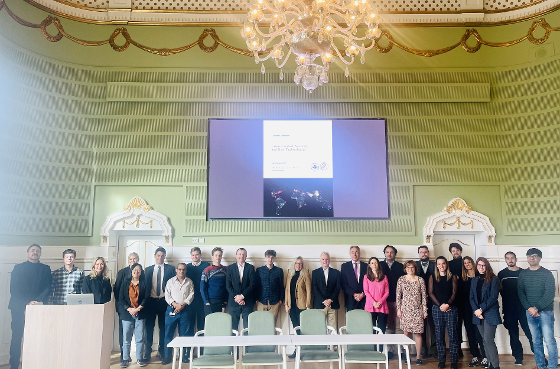
18.01.2023:
Report on the Academic Conference on Crime Control, Security and New Technologies
August last year, the research group on Crime Control and Security Law organized a conference in Tromsø on Crime Control, Security and New technologies. Christian Thönnes, Doctoral Researcher at the Max Planck Insitute for the Study of Crime, Security and Law, Freiburg im Breisgau, Germany has written a report on the conference for the New Journal of European Criminal Law.
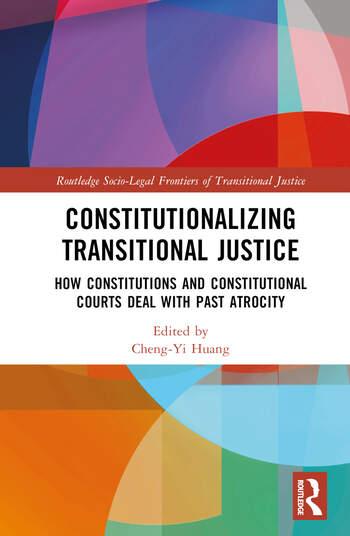
14.11.2022:
New book on Constitutions and Transitional Justice!
“Constitutionalizing Transitional Justice - How Constitutions and Constitutional Courts Deal with Past Atrocity”

12.11.2022:
A Union or, rather, a Dis-Union of Nations?
Research group member Artem Galushko has contributed a chapter to the anthology
"State-Building, Rule of Law, Good Governance and Human Rights in Post-Soviet Space".
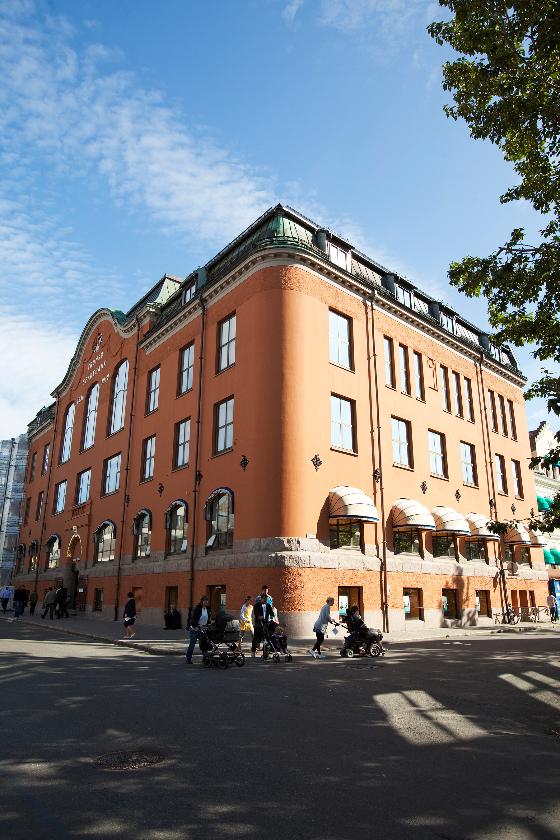
22.08.2022:
Academic Conference: Crime Control, Security and New Technologies
The conference will be held on August 29th and 30th in Tromsø.
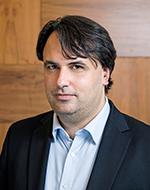
22.08.2022:
Masterclass: Legal Research Methodology and Scientific Writing
The masterclass is organized by Nandor Knust in collaboration with Prof. Valsamis Mitsilegas (Queen Mary University London) and Dr. Emmanouil Billis (Max Planck Institute Freiburg).
21.04.2022:
Illegal advocacy in collaboration with foreign intelligence services [Article in Norwegian]
Associate professor Martin Hennig has published an article on the subject in Nordisk Tidsskrift for Kriminalvidenskab (Nordic Journal of Criminal Science).

11.11.2021:
Prof. John Winterdyk will speak for the research group on November 18th
On November 18th, Professor John Winterdyk will speak on the subject of “Red Light human trafficking: The elusive enigma of modern-day slavery” for the research group on Crime Control and Security Law. Winterdyk is a professor in criminology at Mount Royal University in Calgary, Canada.
02.11.2021:
What is the proper balance between security and fundamental personal freedoms?
A new interdisciplinary research group based at the Faculty of Law is trying to find the answer.

09.06.2021:
New book "Proportionality in Crime Control and Criminal Justice"!
An online book launch took place on June 17th.
